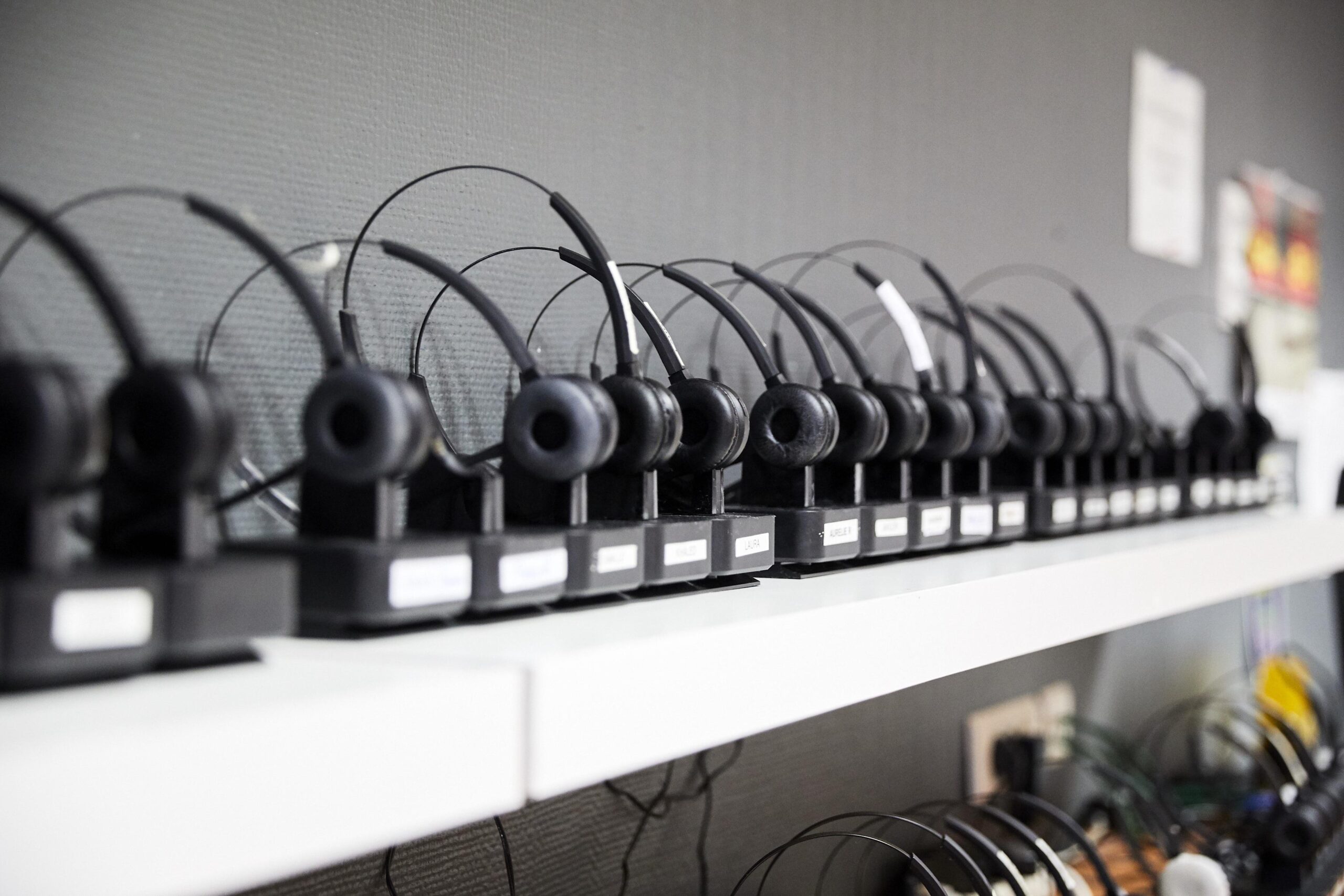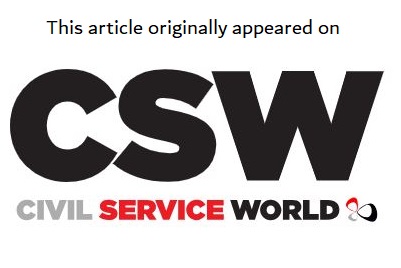After publicly unveiling – and then swiftly revoking – plans to significantly scale back its telephone services, HM Revenue and Customs needs to recruit additional personnel, according to permanent secretary Jim Harra
The head of HM Revenue and Customs has said the department has been tasked with cutting its customer services staff headcount by 5,000 – but is now planning to increase staffing levels again in this area.
Harra said “diminishing resources”, along with a growing customer base, means HMRC’s tax helplines are providing customers with support “well below the service standard that we want to give them”.
Answering questions from parliament’s Treasury Committee last week, Harra said boosting the helpline workforce is the only solution remaining to get these services back on track. His comments came following a recent 24-hour U-turn on plans to radically scale back telephone support.
“I am making preparations on the assumption that I will be able to deploy additional resources, whether that comes with additional funding or whether it comes from reprioritising, because there is a lead-in time for recruiting and training and deploying additional helpline advisers so I need to be getting on with that,” he said.
Harra said the 2021 Spending Review set an expectation that HMRC would reduce the headcount of its customer services group – which includes call handlers as well as officials providing postal and digital support services – by 5,000 between April 2020 and March 2025.
But he said the cancellation of the department’s plan to shut its tax self-assessment helpline for half the year means that the only choice left is to strengthen the helpline workforce.
Asked whether the department had a Plan B up its sleeve, Harra said: “Frankly, there really only is one alternative plan and that is to deploy more helpline resources. We currently do not have the funding to do that. But we are, of course, in discussions with ministers following the decision on 20 March not to go ahead with these changes. I believe the response will have to be that we deploy additional resources on our helplines. The question is whether that involves reprioritising what the department does or whether we can get additional funding for that additional resource.”
Harra said that talks with ministers have been “very positive and constructive”, but added that ministers have not made any promises.
Related content
- ‘We do not want it to be a hardship to contact us’ – how HMRC hopes to use AI and analytics to transform customer service
- HMRC: 85% of customer service is now digital
- HMRC picks £5m partner to support programme to ‘transform customer interactions’
Under the now-suspended plans, which followed trials last year, the tax self-assessment helpline would have only opened from October to March, and dealt only with “priority queries”. The department’s VAT and PAYE helplines would have also been scaled back. Support would have remained year-round for customers “who cannot use online services or who have health or personal circumstances that mean they need extra support”.
Harra said the cancellation of the plans, which were announced on 19 March and then reversed within 24 hours, means “today, a lower proportion of those calls is being answered”.
“That wouldn’t have been the case if we’d been able to implement these changes, because customers who we would have deflected to online services are today going through to those helplines,” he added. “So what we’ve now got to do, given that we are not proceeding with those changes, is to replan what we can do to push our service levels up as high as we can.”
However, Harra suggested changes to the helpline could return in the future. “I’m not saying we will not return to this because it is part of implementing our strategy. We do think it was effective last year. But we’re not just pausing to try again. We will reflect with stakeholders, and we will replan the implementation of our strategy and that may or may not include these type of measures.”
The perm sec also apologised for the increase in helpline waiting times, which have gone up in each of the last five years.
“That is our key problem and it’s very regrettable and I’m sorry for the experience that our customers get, but we have got very high wait times on some of our helplines,” he said. Waiting times for self-assessment calls had peaked at an average of 38 minutes, he said, “which is far, far too long”.
“There are really only two ways of addressing that,” he added. “Either we reduce the demand on the helpline by deflecting demand online… or we increase the resources on the helpline to meet that demand.”
Homeworking is working
Elsewhere in his evidence given to MPs, Harra said there is no productivity difference between support staff working at home and working in the office.
Harra said the department is able to monitor whether helpline advisors are online and how many calls they’re dealing with. “There is no difference between the number of calls that a helpline advisor deals with on a day depending on whether they’re at home or in the office,” he said. “We get the same level of productivity.”
The HMRC chief said this is also the case for advisors who provide webchat support and staff working on postal services.
“They are as effective at home as they are in the office. So whilst I want to make sure that colleagues comply with the policy, I’m confident that an answer to our problem is not to change the balance between working from home and the office,” Harra said.
He added: “Nevertheless we see value in colleagues being in the office because they learn together and they collaborate. And so, even though an experienced advisor can be as productive at home as they are in the office, we still expect them to come into the office most of the time.”





